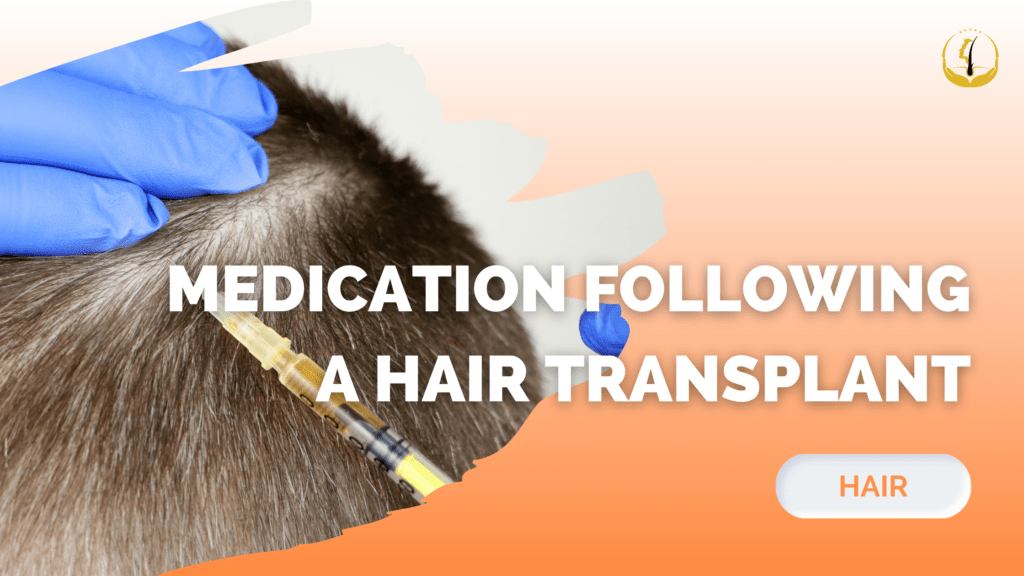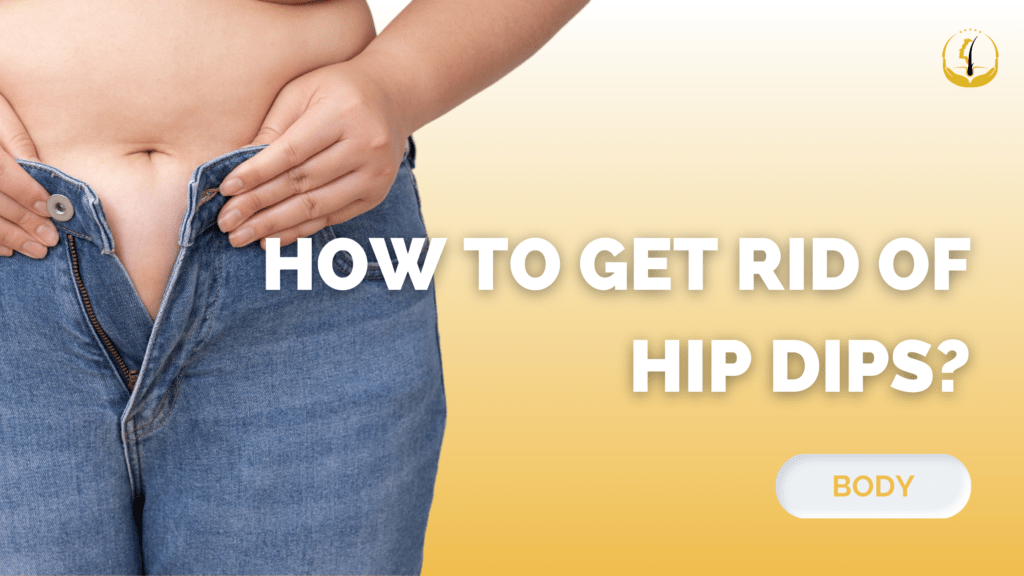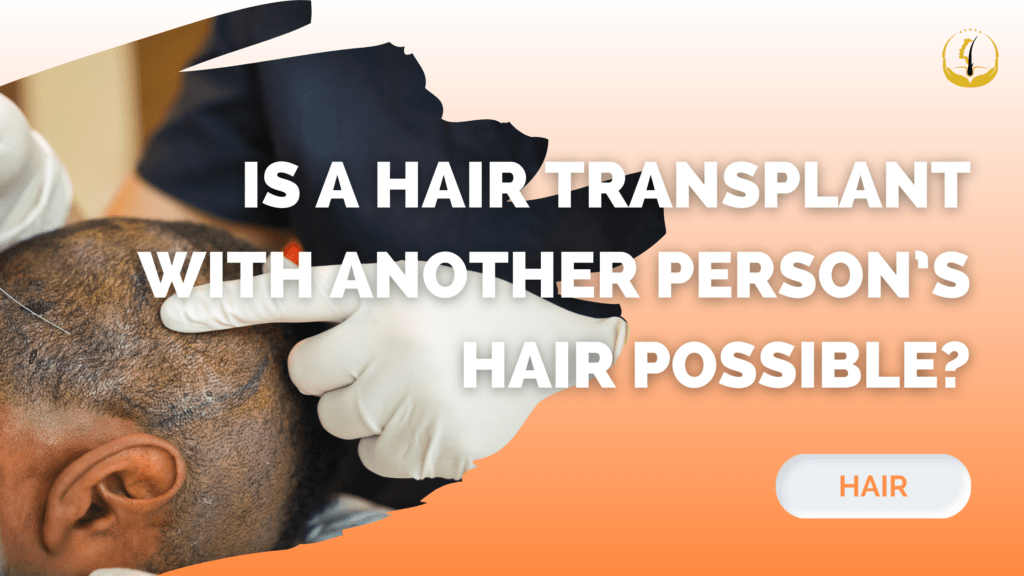Medication Following a Hair Transplant

Hair transplants have become increasingly popular as a solution for hair loss, offering a chance to regain confidence and a full head of hair. However, the success of a hair transplant doesn’t solely depend on the procedure itself. Proper post-operative care, including medication, plays a crucial role in ensuring a successful and healthy recovery. In […]
How Does Collagen Help the Skin?

In the pursuit of timeless and radiant skin, collagen has emerged as a revered ingredient, often touted as the secret to a flawless complexion. This blog delves into the world of collagen, unraveling its mysteries and shedding light on how it contributes to the rejuvenation and maintenance of healthy skin. What is Collagen? Collagen stands […]
How to Get Rid of Hip Dips?

Hip dips, also known as violin hips or trochanteric depressions, are a natural part of many people’s body shapes. These slight indentations between the hip bone and thigh can make some individuals feel self-conscious about their appearance. However, it’s important to remember that hip dips are entirely normal and don’t require “fixing.” Nevertheless, if you’re […]
Is a Hair Transplant with Another Person’s Hair Possible?

Hair loss is a common concern for many individuals, affecting both men and women as they age. While there are various treatments and remedies available, one question that often arises is whether it’s possible to undergo a hair transplant using another person’s hair. In today’s blog post, we will explore the feasibility and ethical considerations […]

